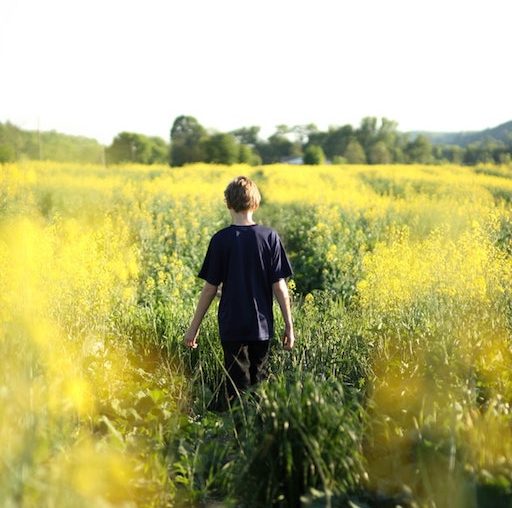Do you have a theme?” asked the baker in the cake store. “Baseball? Superheroes? Fire engines?” My son was about to celebrate his second birthday.
Despite every effort to diversify his interests, my son has one true passion in his toddler life: cars. “Go” was his first word. “Car” was his second. Each night, he snuggles with an assortment of toy automobiles, rolling them gently across his mattress until he falls asleep.
So I surrendered to browsing the “vehicular cakes catalogue,” a 50-page anthology of dump trucks, trains, race cars, and front-loaders. Surrounded by buckets of vanilla buttercream and whipped ganache, I ordered a chocolate “roadscape” with a 3-D Volkswagen Bug. He loved it.
This is not the scene I imagined for my future self when I set foot on the Wellesley campus as a first-year in 2001. Hovering over my clunky desktop computer in Shafer Hall, I loaded up on women’s studies courses during registration. They would provide my anthem for navigating the world. Nurture is stronger than nature, I concluded. Gender is a construction.
Thirteen years after graduating, I haven’t abandoned these principles. But I’m not entirely convinced by them, either. I can’t change the fact that the sight of a tractor gives my son unbridled delight. But I can teach him that girls can drive tractors, too. And that, among many other lessons, is how I’m trying to raise a feminist boy: a boy who will question assumptions, speak out against injustice, and use his muscles to uproot oppression.
My son’s life is different from the lives of many boys, especially in how he will understand gender roles. He has two moms who work full-time outside of the home. He has a female pediatrician, a female rabbi, and a grandmother with a Ph.D.—experiences that were entirely unavailable to women just a few decades ago. His favorite babysitter is a transgender man of color who graduated from Wellesley. And every morning, I drop my son off at a Spanish-immersion day care, where he dances merengue, creates sunflowers out of paper plates and plastic straws, and reads Spanish-language books about baby owls.
I’d like to think that our community of friends and caretakers is enough to make my son a feminist. Maybe it is. But the media tells a bleaker story about the fate of boys and men, and that scares me. “Violence doesn’t have a race, a class, a religion, or a nationality, but it does have a gender,” writes Rebecca Solnit in her book of essays, Men Explain Things to Me. In the United States, a rape is reported every 6.2 minutes. Battery is the No. 1 cause of injury to American women. And every day in the U.S., more than three women are murdered by their husbands or boyfriends.
These figures are alarming, especially at a time when misogyny blares from Hollywood and from the highest office in the land. Even seemingly passé gender stereotypes are tossed around in everyday encounters:
“Looks like he’ll be a football player!” a stranger in a local coffee shop declared, while gazing at my son’s 4-month-old thighs. “Or a dancer,” I replied.
“What a sweet and gentle girl,” said the woman in the Greek fish market, noticing my son’s purple shirt and the butterfly barrette in his hair. “Thank you,” I responded. “He is sweet and gentle.” “Oh, I’m so sorry!” she exclaimed, apologizing for getting his gender “wrong.”
People often ask if my son is a boy or a girl. When I answer, “He’s a boy,” I always feel uncomfortable. The truth is, his gender is still in formation. He was assigned male at birth, but he might define his gender differently in the future.
So I’m left wondering: How will feminism shape my son’s experience of gender? What will he notice about how other boys treat girls? What will he understand about how boys take up space—physically, emotionally, and verbally? How will he learn to navigate the world with a healthy balance of gentleness and strength, talking and listening, respect and protest?
These questions aren’t new. But they do feel increasingly relevant.
For now, the best I can do is read my son books that reflect our values—empathy, justice, kindness, generosity—and feature characters of all genders, races, and religions. I can applaud him for unloading the dishwasher and sweeping the floor—activities he has happily embraced as part of his boyhood. I can encourage him to feed our dog and water our plants, express when he’s sad or afraid, and give loving hugs.
Most importantly, I can ground him with diverse experiences to make sure he knows that the lonely, broken world in our newsfeeds won’t last forever. It’s a world he’ll learn to change—slowly, messily, and, to start, by teaching other boys that girls can drive tractors, too.
(This article was originally published in the Wellesley Magazine in 2018)


Comments are closed.